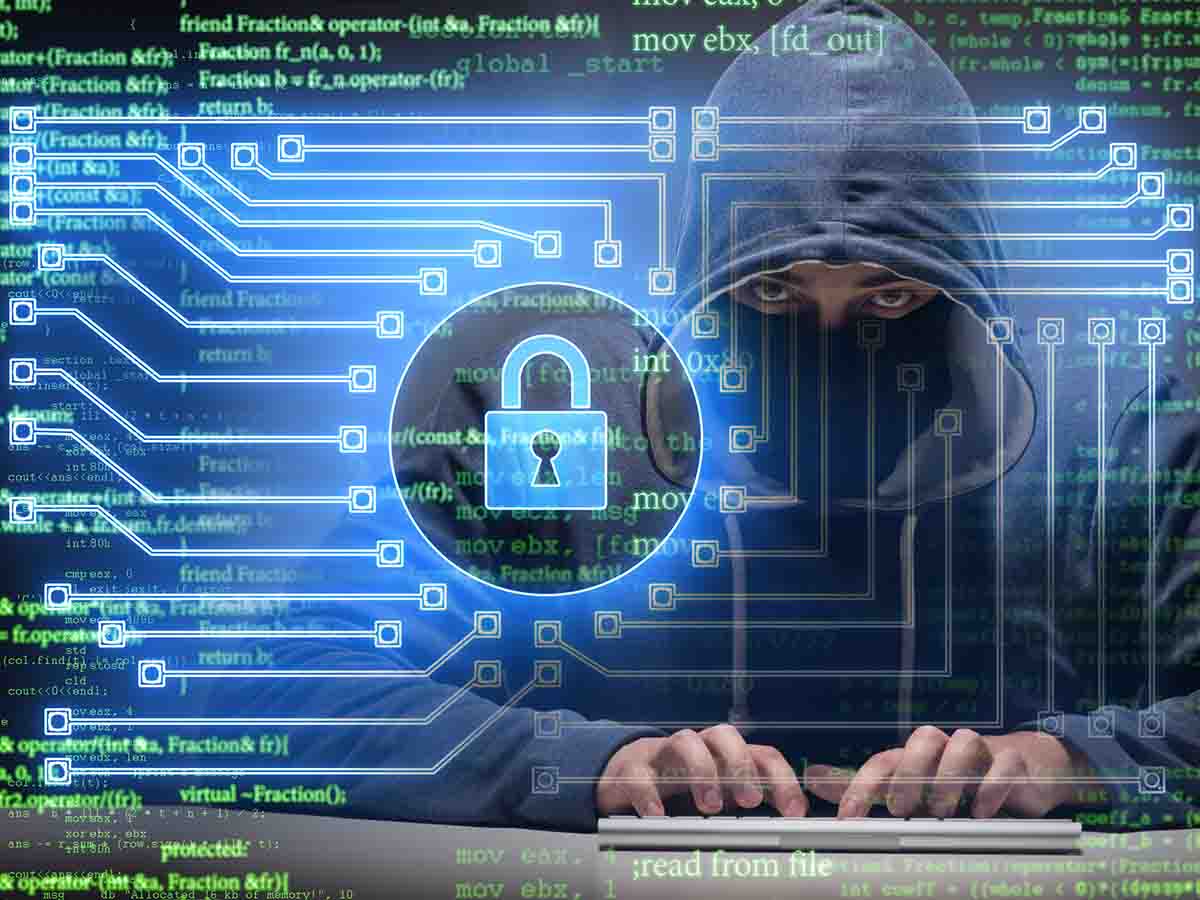Personal Identifying Information, often abbreviated as PII, refers to any data that can be used to specifically identify, contact, or locate a single individual. This may include but is not limited to names, addresses, email addresses, social security numbers, bank account details, or phone numbers. Protecting PII is crucial to avoiding identity theft and other forms of fraudulent activity.
Personal Identifying Information Examples
1. Full Name
A full name is one of the most basic forms of Personal Identifying Information. Despite its simplicity, it holds vital importance. It distinguishes one individual from another, providing a distinct identifier that goes beyond physical appearance.

Stay One Step Ahead of Cyber Threats
Full names are typically used on legal documents, online profiles, and various forms of identification like driver’s licenses or passports. Although we often freely share our full names, it’s essential to do so wisely. Excessive sharing can make it easier for identity thieves to misuse this information.
In brief, while a full name may seem like common and safely shareable information, it is, in fact, a significant piece of Personal Identifying Information that should be protected.
2. Home Address
A home address is another common, yet crucial, piece of Personal Identifying Information. Linking you to a physical location, it serves many essential roles in daily life, such as receiving mail and packages, having services delivered, or for emergency service dispatching.
However, due to its ability to directly locate you, it becomes a sensitive piece of information when falls into the hands of individuals with ill intentions. They can misuse it to stalk, steal, or engage in other forms of harassment and crime.
In conclusion, it’s necessary to cautiously manage access to your home address to prevent unnecessary vulnerabilities and protect yourself from potential harm.
3. Social Security Number
A Social Security Number (SSN) is a vital piece of Personal Identifying Information for residents in the United States. Unique to each individual, it is used by government agencies, financial institutions, and other entities for identification and record-keeping purposes.
Existing as a cornerstone of one’s identity, an SSN can unlock access to a multitude of personal and financial aspects of a person’s life, from bank accounts to tax records. Hence, if improperly accessed or stolen, it can lead to severe consequences such as identity theft or financial fraud.
Therefore, it’s critically important to keep your Social Security Number secure and limit its sharing to only high-trust environments where it is absolutely necessary.
Conclusion
In summary, Personal Identifying Information like our full name, home address, and social security number are critical pieces of our lives that should be handled with care. Staying mindful of where and how we share this information can go a long way to prevent identity thefts and ensure our personal safety.
Key Takeaways
- Personal Identifying Information (PII) refers to data that can be used to specifically identify an individual.
- Examples of PII include full name, home address, and Social Security Number.
- PII should be protected and shared wisely to avoid identity theft and other forms of fraudulent activity.
- A full name, despite regularly being shared, is a significant identifier and should be guarded.
- A home address links an individual to a physical location, making it sensitive information.
- A Social Security Number can unlock access to personal and financial information, making it of key importance in identity security.
Related Questions
1. Why is it essential to safeguard my Personal Identifying Information?
Protecting your PII is crucial because it can be used by malicious entities to steal your identity, commit fraud, or harass you. It comprises the foundational elements of your identity, and once compromised, it can be challenging to restore your privacy and security.
2. What do I do if my Personal Identifying Information has been compromised?
If you believe your PII has been compromised, it’s important to contact your financial institutions to warn them about potential fraud. Additionally, alert the relevant authorities and consider taking measures like credit monitoring to better track possible fraudulent activity.
3. How can a Full Name be used by identity thieves?
A full name could be used alongside other stolen data to commit identity theft, apply for credit cards or loans, or make fraudulent purchases. In some cases, a name alone can be enough to trick others into sharing additional personal information.
4. Why is it dangerous if my Home Address falls into the wrong hands?
If your home address falls into the wrong hands, it could be used for stalking, burglary, or other forms of harassment. It gives malevolent individuals a physical location connected directly to you, potentially endangering your personal safety.
5. Why is my Social Security Number of high importance?
Your Social Security Number is of high importance because it often acts as a key to unlock various personal and financial facets of your life. If acquired by an identity thief, it could be used to fraudulently apply for credit cards, loans, or even to falsely claim your tax refund.
"Amateurs hack systems, professionals hack people."
-- Bruce Schneier, a renown computer security professional






